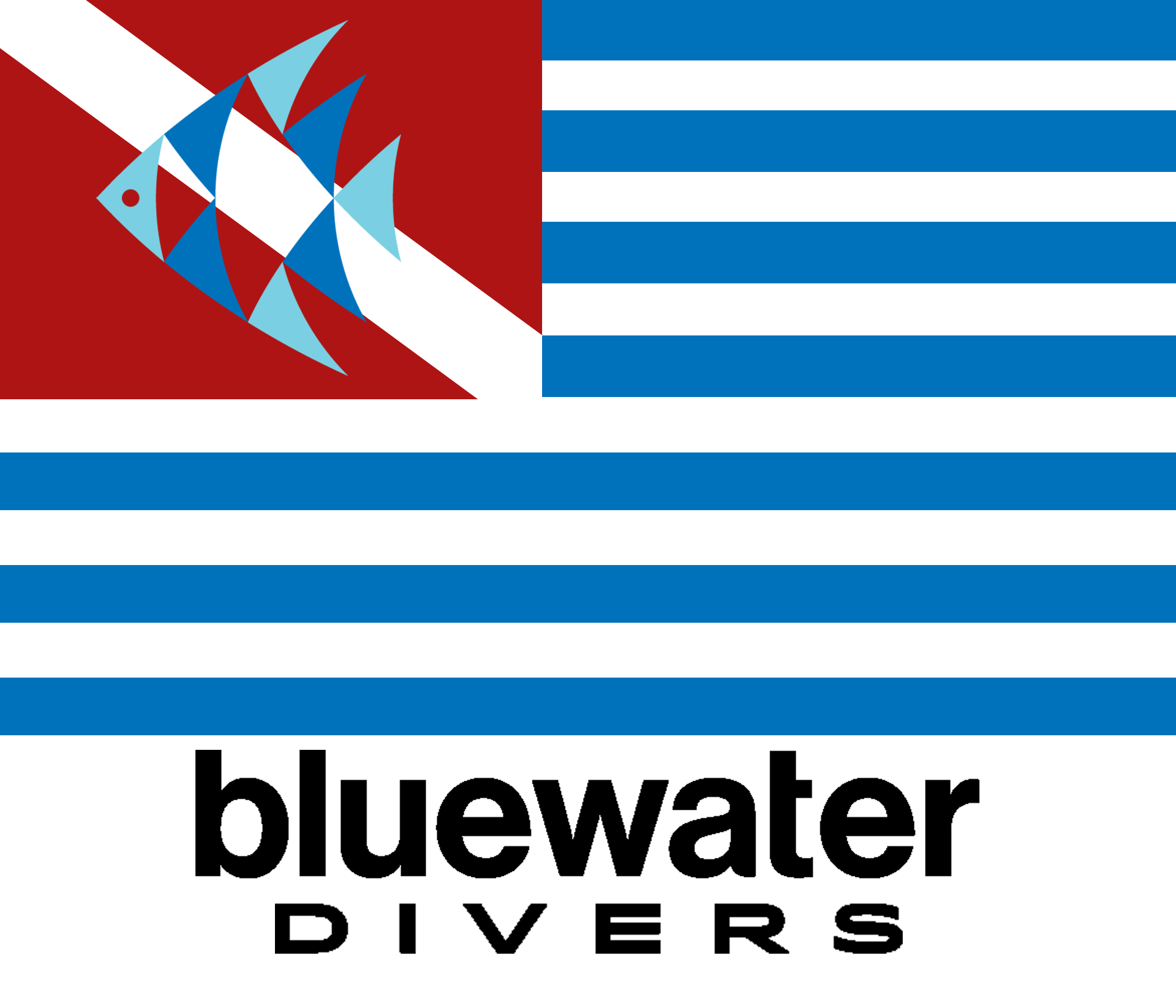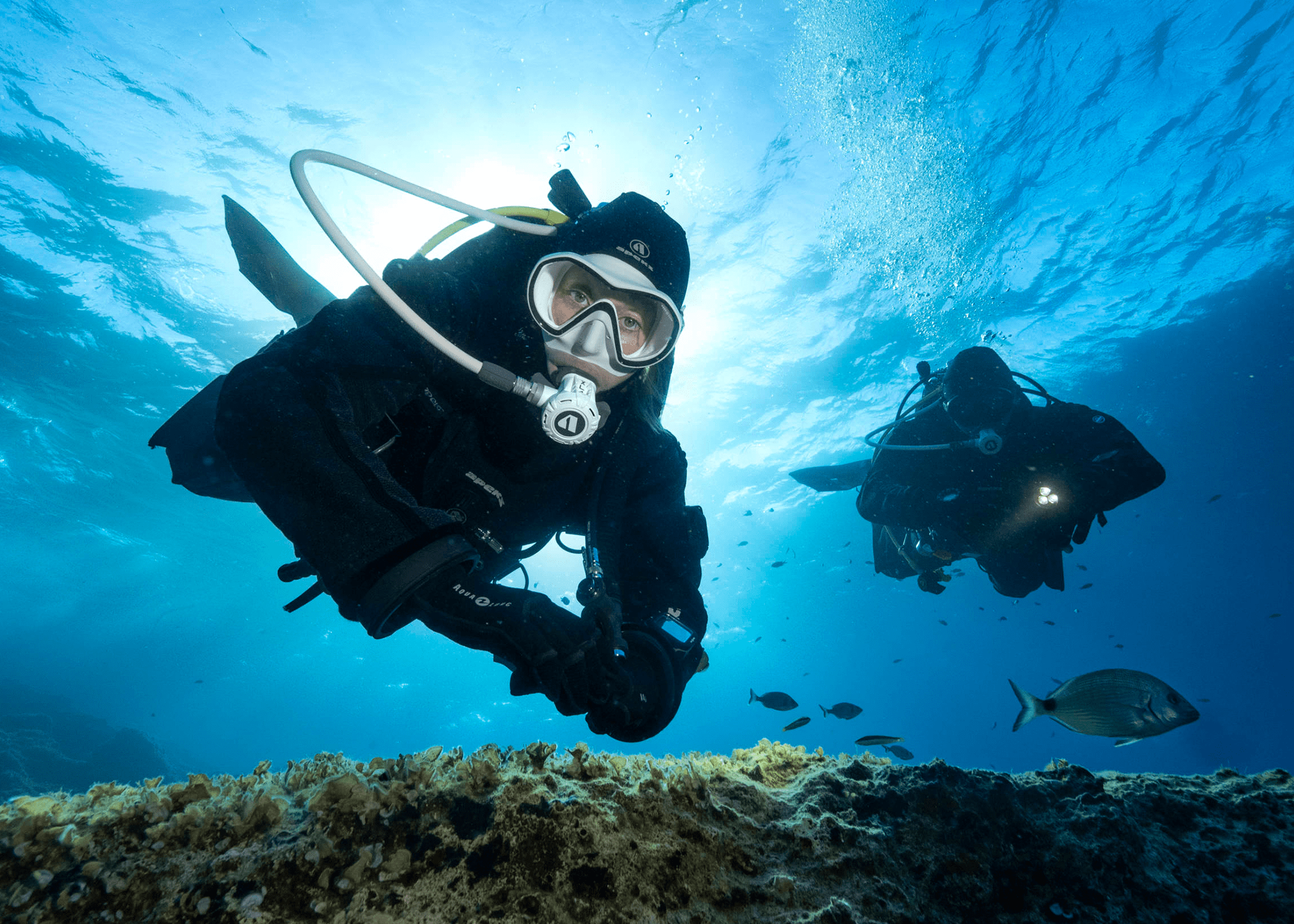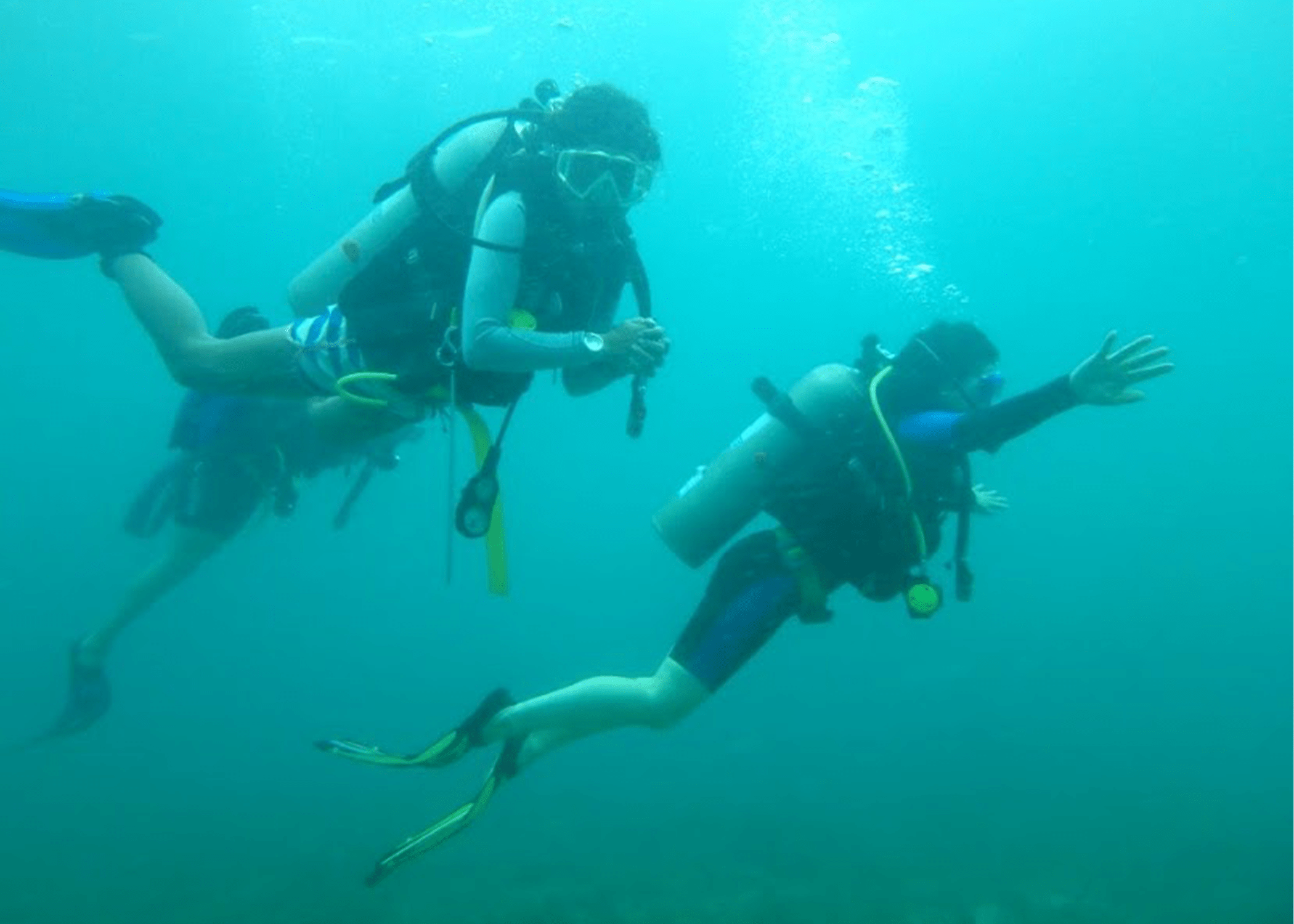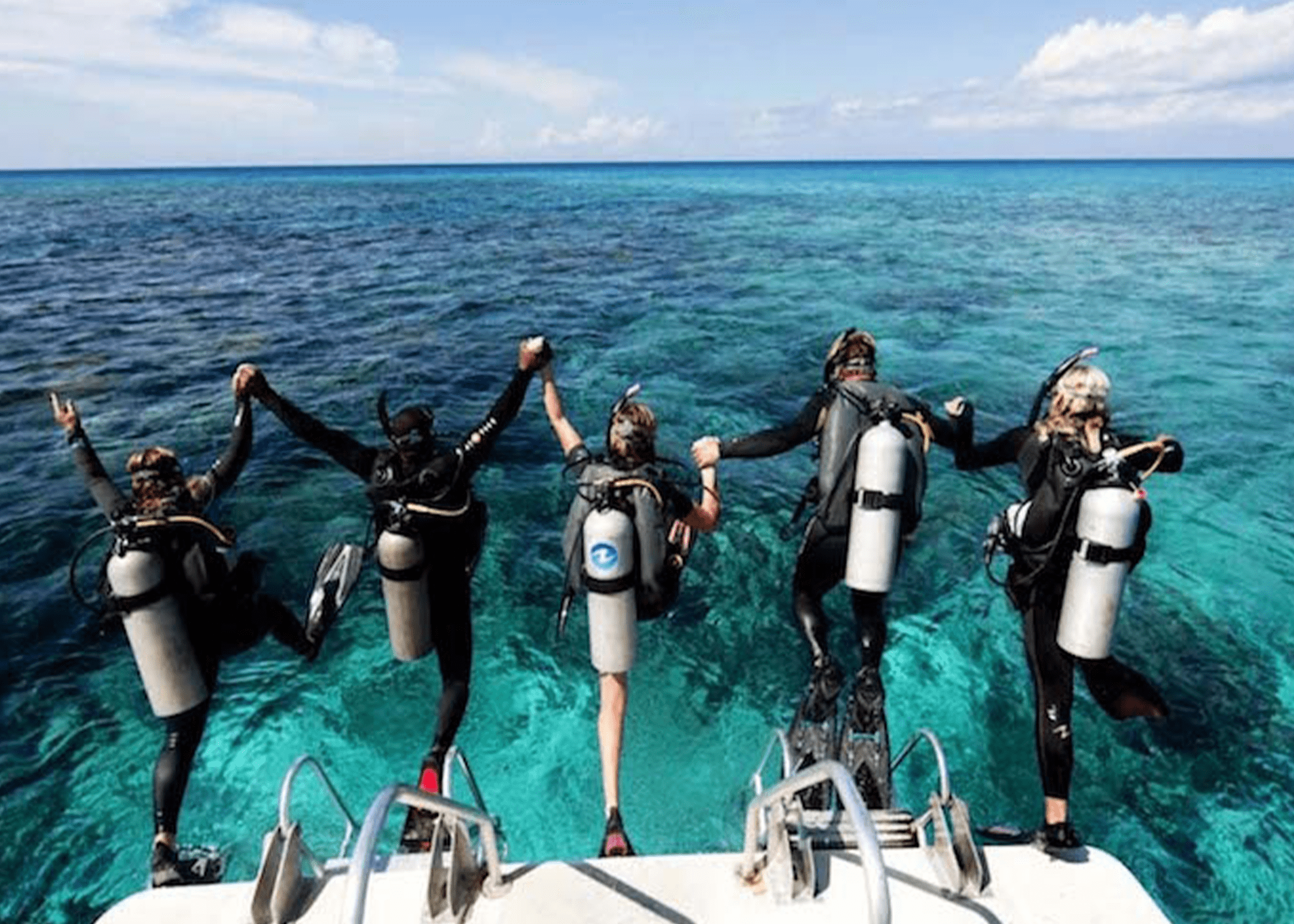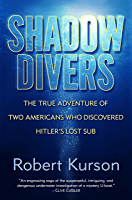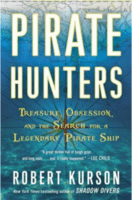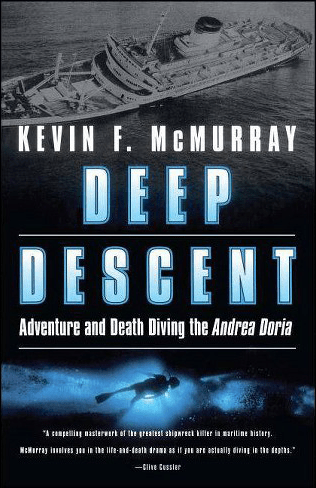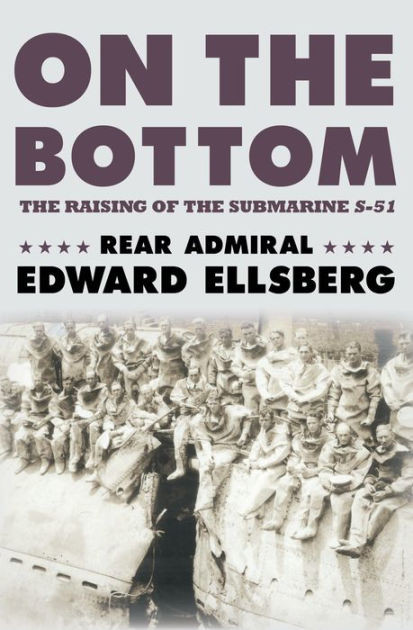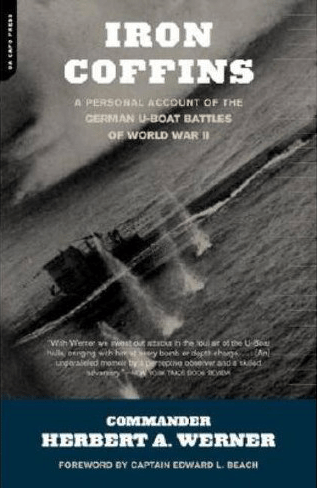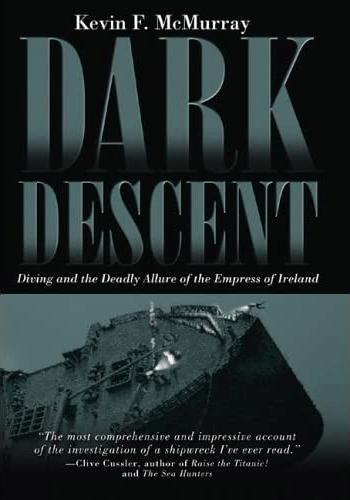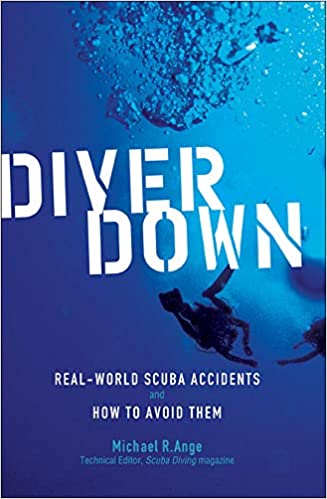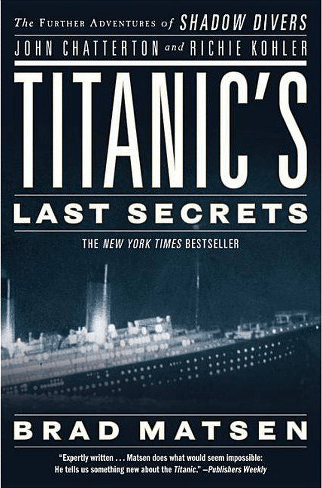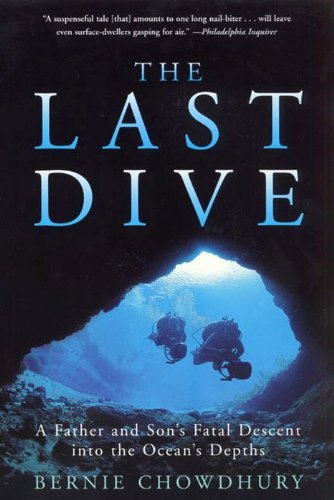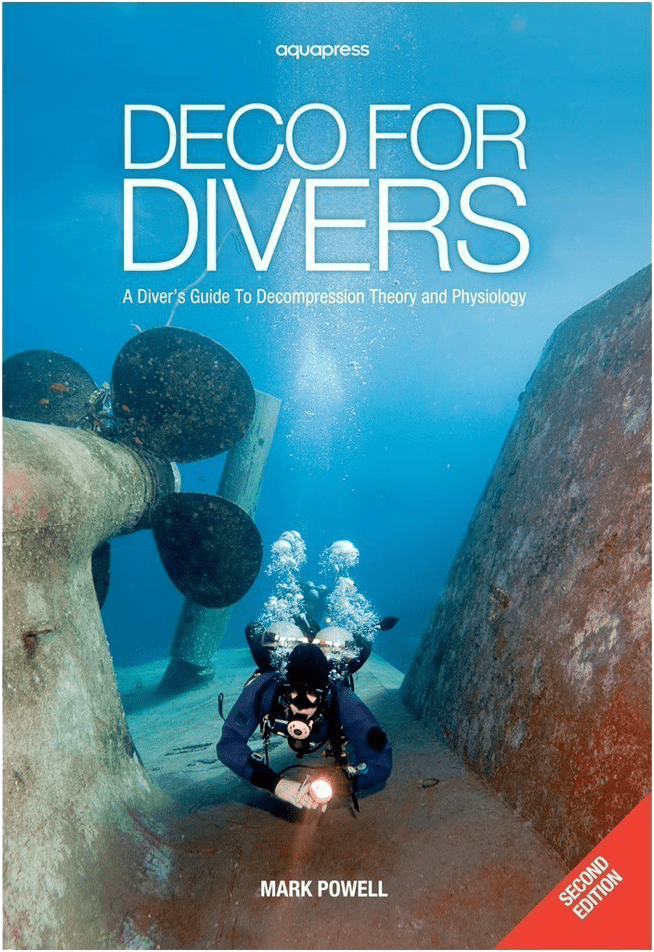Why Scuba Diving Is The Best Sport/Hobby In The World
Why Scuba Diving Is The Best Sport/Hobby In The World
While preparing to write this article I realized it could easily be construed as simply “preaching to the choir.” Obviously, I know scuba diving is the greatest thing in the world, or I wouldn’t work in a dive shop and teach diving for a living. Obviously, you know it’s the greatest thing in the world, or you wouldn’t spend your hard-earned dollars on equipment, classes, and dive trips. Far beyond mere opinions, however, there’s actual scientific PROOF that scuba diving is the best sport/hobby in the world. Okay, it may be my version of “scientific,” but it makes perfect sense to me. It’ll make perfect sense to you, as well, after I lay out the reasons why.
A ridiculous level of exclusivity. Worldwide, there is no end of clubs, groups, organizations, brotherhoods, etc. that bring people together around a common love or interest in a certain “thing.” Motorcycle riders, stamp collectors, bird watchers, fishermen, classic car enthusiasts, and golfers (to name a few) all have their own brotherhood/sisterhood to which they belong, replete with events and trade shows (maybe even paid dues), as well as friends with whom they swap stories and camaraderie. Of all the groups in the world, however, there are only TWO that I can think of that are unique in using specialized equipment and training to put man where man is not supposed to be. Those two are flying and scuba diving. Of the two, I believe there’s a strong argument why scuba diving is the superior. Apologies ahead of time to any pilots in the audience…
An explorer’s heart and humility. Here I am talking about how much cooler we are than everybody else, but then I mention humility? Bear with me, and I’ll explain. First, the explorer’s heart: What do we know about the atmosphere above us? Um, pretty much everything. Why? Because there’s nothing up there but AIR. Okay, if you want to get technical, there are occasional birds and clouds, and smog if you’re flying over Los Angeles. Other than that, nothing but air. Yawn… What we DON’T know, however, is what’s down there. Only about 5% of the ocean (yes, there’s only one) has been explored, which leaves more than enough left for us to discover. New, previously unknown creatures and other life are being discovered all the time, and it seems like every dive we make we’re hoping to see that certain something we’ve never seen before, although we’re never disappointed with seeing the same ol’ usual critters simply because they’re so awesome.
Now, a bit about humility. I can’t really get into the psyche of someone as I’m not a psychologist; I just played one on TV (AND I stayed at a Holiday Inn Express last night…), but it seems that pilots want to put themselves ABOVE everything and look DOWN on the world. As divers, however, we are perfectly content to humble ourselves before this expansive, deep, unknown, alien environment, never knowing exactly what to expect but happy to take on whatever may come in stride (or, rather, in kick cycle). If that doesn’t make us cooler, I don’t know what does. Now, to avoid the inevitable hate mail, let’s just say that, if you’re both a pilot AND a diver, you have achieved a ridiculous level of cool that no mere mortal can possibly match. Happy now?
It’s all about the lifestyle. Learning how to scuba dive, getting better at it, and buying scuba gear are all just means to an end. That “end” is the lifestyle that goes along with it. Where do stamp collectors go to do their thing, some convention in Milwaukee?? We go to Cozumel, Roatan, Fiji, Thailand, the Galapagos, Chuuk, and Indonesia. We sip exotic drinks on beaches other folks have never heard of and share pictures with each other of life that other folks (only 1% of the world’s population are certified divers) will never see. Compared to other sports/hobbies, scuba diving is pretty darn affordable, too! Any specialized activity has related costs, but getting certified for $400-500 (depending on location) and buying a full set of top-quality dive gear for $1500-2500 (or less) makes diving cheaper to do than many other hobbies. You ever tried buying your own airplane…?
The people are the best. Sure, there are d(*&s in any walk of life, but they seem to be so much rarer in the scuba world. I’m still trying to figure out if it’s nicer people who are initially attracted to scuba diving, or if average folks just become nicer after getting certified. Hmm, chicken/egg… Regardless, for such a high level of exclusivity, divers are typically the most welcoming of all the aforementioned groups. Come to one of our lake weekends, walk up and down the shore, approach any random group of divers, and say to them, “Hey guys, I don’t have a buddy. Can I tag along with y’all?” I challenge anyone to find one of those groups who says, “no.” Try finding that among motorcyclists, pilots, or bird watchers!
So, there you have it, scientifically proven. Exclusivity, exploration, humility before an alien environment, an awesome but affordable lifestyle, and even “awesomer” people comprise the secret sauce that makes scuba diving the very best hobby/sport/endeavor/whatever in the world. Sure, it’s just one man’s opinion, but I’m right…
Until next time, never stop learning, never settle for “good enough,” and stay sharky, my friends!
Why Is Nothing Better Than Scuba Diving?

We're Superheroes!
Think about how the rest of the “normal” population views scuba divers. We breathe underwater! We swim with sharks, moray eels, and stingrays! Yeah, we know they’re pretty much harmless, but they don’t…
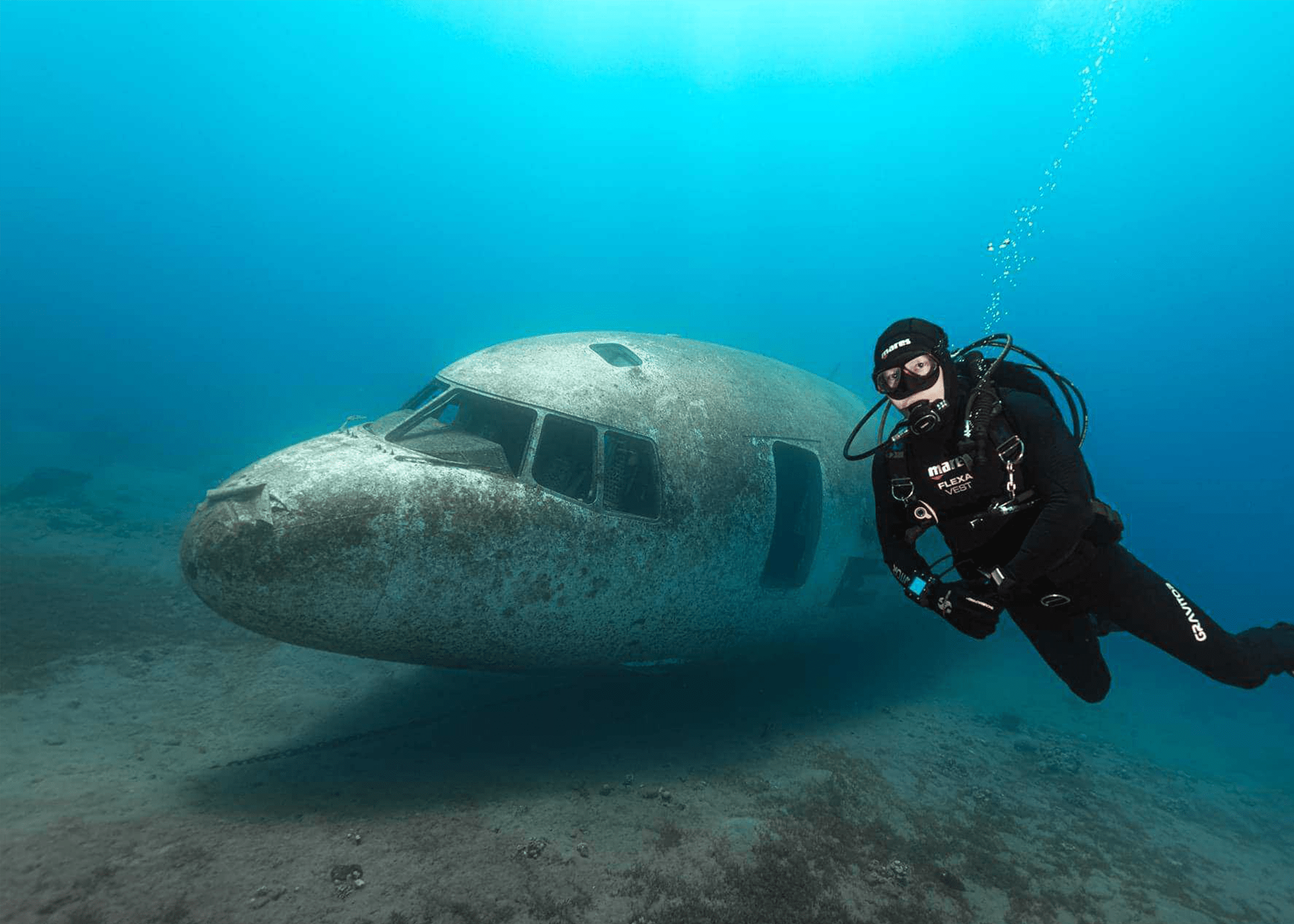
Even Cooler Than Flying!
Only flying and diving put humans where humans aren’t normally supposed to be. Exploration and humility make diving the better of the two. And don’t forget; there are more airplanes at the bottom of the ocean than there are ships in the sky!
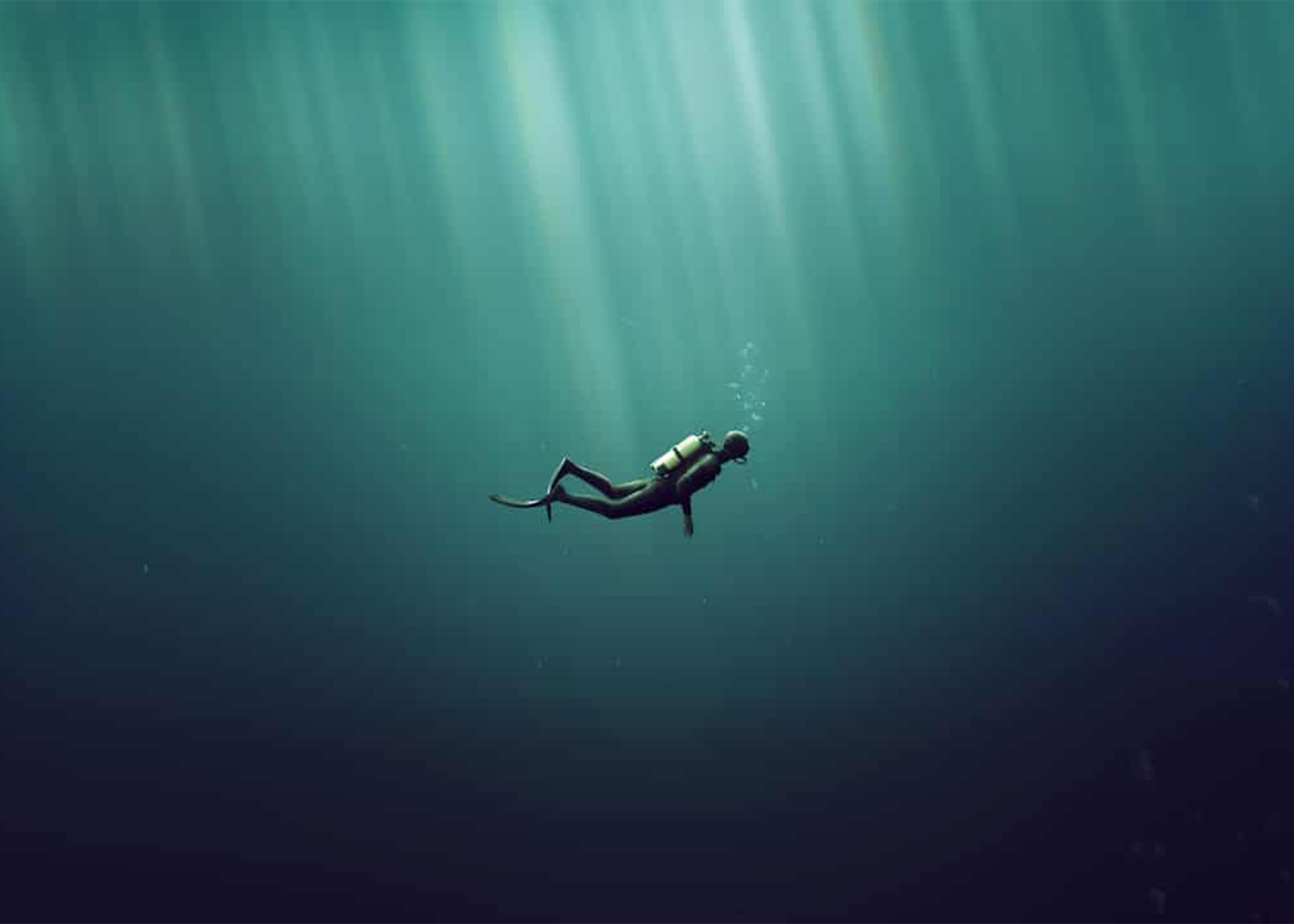
Open To The Unknown
The ocean makes up 70% of the earth’s surface and 99% of total land area if it was all drained, yet only 5% of it has been explored. That’s a whole lot of the planet left for us to discover. Who best to do the discovering? Divers!
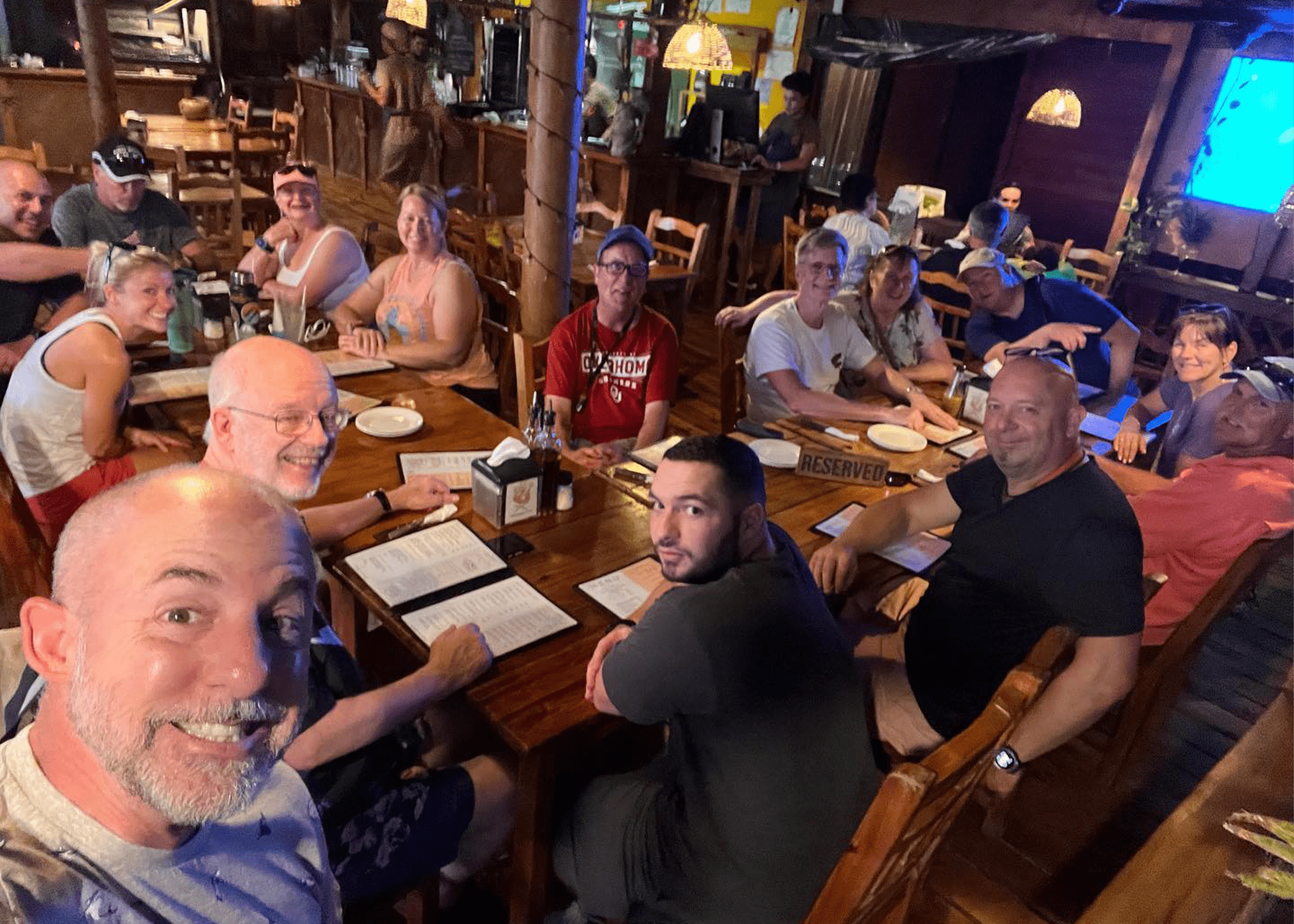
The Best People!
Few hobbies or sports are more social than scuba diving. Good thing divers are the best people to socialize with! A love of the marine environment, travel, new experiences, and lasting friendships seem to be the common ground to bring together the best folks around.

